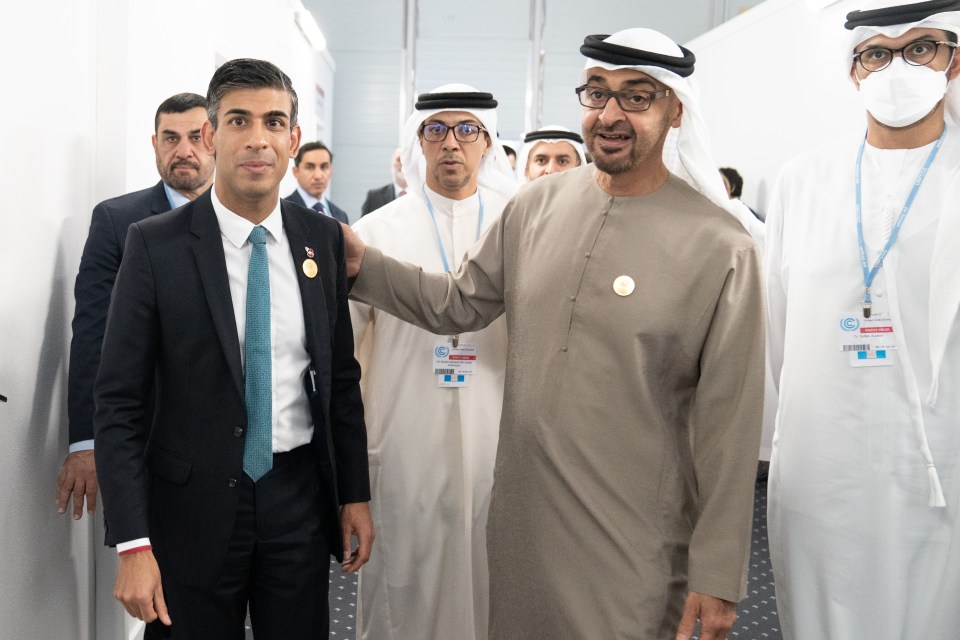We can help the Gulf states go green by increasing our trade ties and investment

Investing in the UK is an opportunity for the Gulf States to revolutionise their infrastructure and make it sustainable, writes Nicholas Lyons
For many people watching Messi and Mbappé from the other side of the globe, the recent World Cup in Qatar would have been their first exposure to the Gulf. The UK, however, has long been acquainted: the stadium that hosted 80,000 fans during the final was designed by a British firm, Fosters and Partners.
There has been intense focus on investment by Gulf States in the UK’s favourite pastime recently, with Saudi Arabia’s Public Investment Fund buying Newcastle United and a much talked about Qatari bid to buy Manchester United.
Opportunities like these are what attract investors to the United Kingdom. Abu Dhabi’s long-standing investment in Manchester City, for example, has helped to revitalise the area while also bringing in thousands more people to visit them and watch the very best footballers play.
Of course, the projects don’t start in Old Trafford and stop in St. James’s Park. They spread throughout the UK, in service industries like hotels and restaurants. These investments aren’t even confined to the planet earth, as UK ministers met with Saudi representatives to discuss a joint investment in space-based solar power, a venture that could result in significant investment in British businesses.
Our trading relationship stands at about £33bn – covering everything from our food and drink to our financial and professional services sector. There is scope to grow this partnership considerably in two areas, a mission I hope to advance this week while visiting the Gulf.
The first area is in sustainability. In the run up to the United Arab Emirates’ presidency of Cop28 this November, we have an opportunity to share our expertise in sustainable finance and of the duties the presidency confers.
As a result of making their name in oil and petrochemicals, the UAE’s presidency has not been without controversy. But among the Gulf states, there is a growing recognition of the need to diversify, given the volatility of that market. Kuwait, for example, has pledged to have a carbon neutral oil and gas sector by 2050 and in other sectors by 2060. So I will be positioning the UK as the leading partner in sustainable infrastructure to support this transition.
The second priority is asset management. My trip to the Gulf comes immediately off the back of a week-long visit to Australia, where we launched the Global Investment Futures campaign which promotes our investment manager sector. We currently have over AUD$615bn of Australian investment in this sector, making us the second largest destination for their investment.
With more than £11tn worth of assets under management in the UK, and with over 80 newly launched green, ethical and alternative energy funds in 2020, our investment management sector has much to offer the Gulf.
The breadth of investments sits right at the heart of the government’s preparation for a Free Trade Agreement with the Gulf Cooperation Council, consisting of Bahrain, Kuwait, Oman, Qatar, Saudi Arabia and the United Arab Emirates – an Agreement which could bring over £1.5bn each year to the UK through expanded trade.
For the Gulf, investing in the UK financial and professional services sector is an open goal, one that will revolutionise their sustainable infrastructure and create more trade and jobs here in the UK. Unlike the World Cup final, both sides can emerge victorious.
